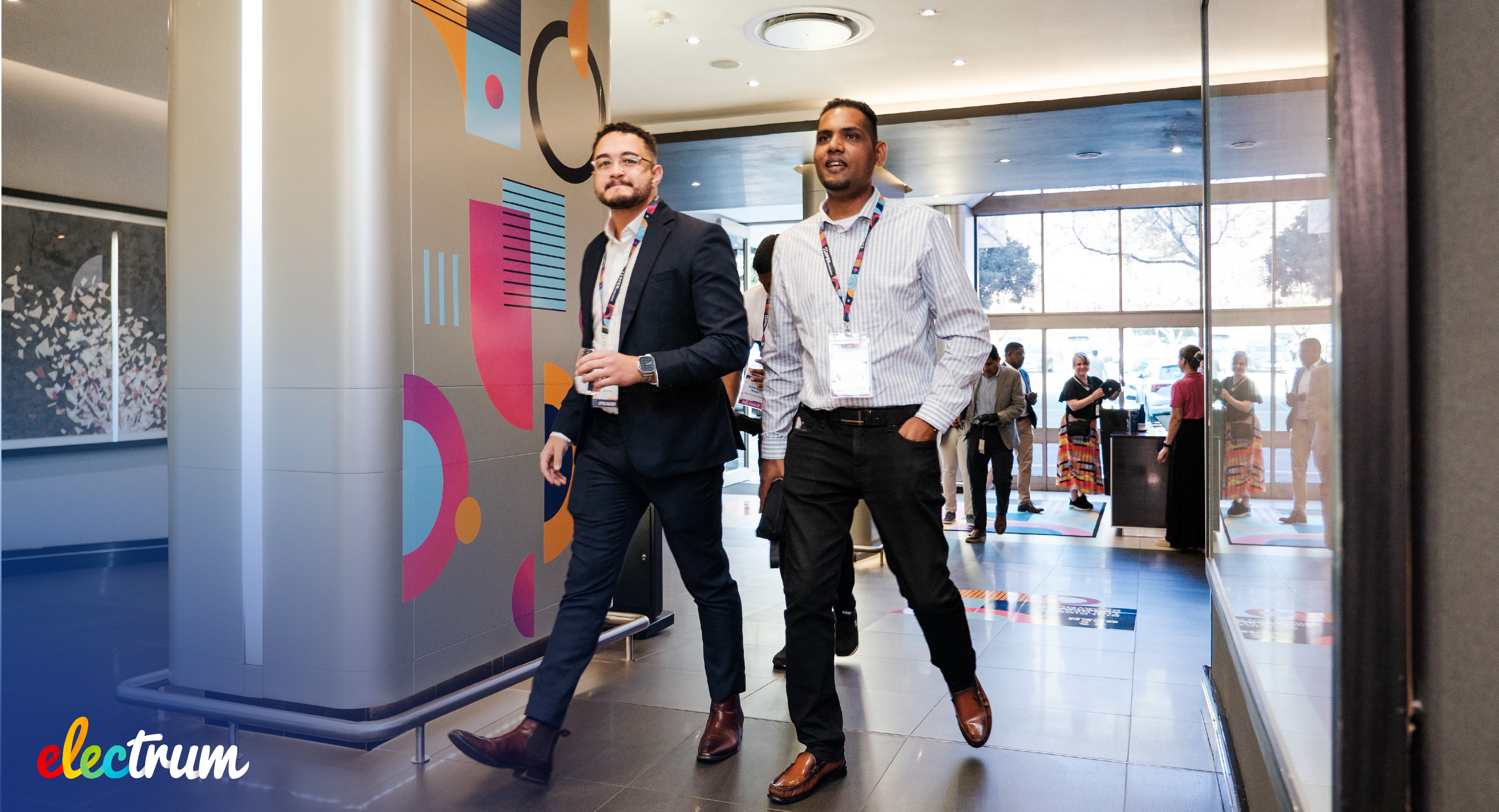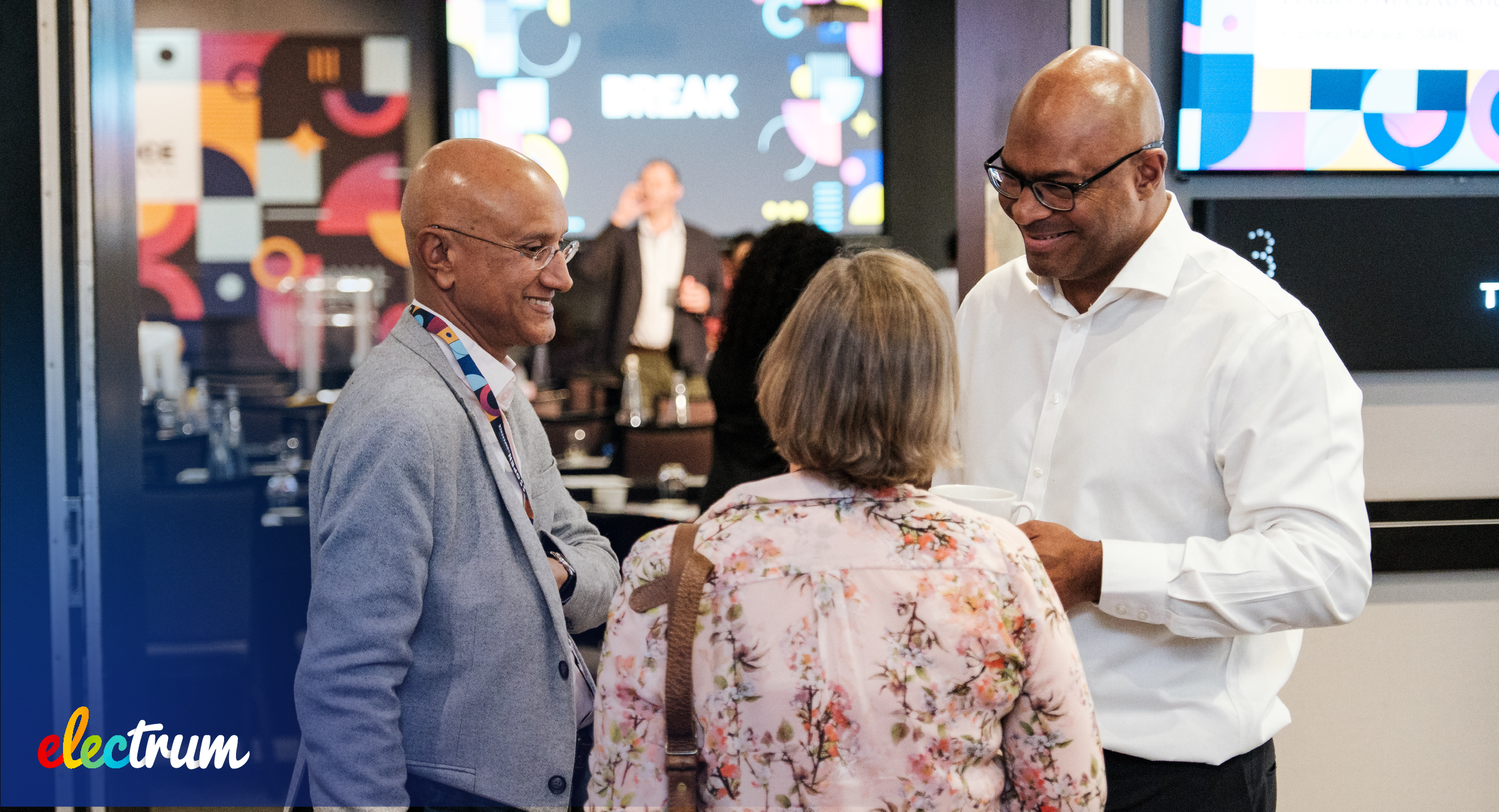
At the third Open Payments Conference, leaders from the banking and retail sectors engaged in a panel discussion where key factors for successful partnerships, in the payments ecosystem, were highlighted.
Collaboration can be challenging. Misaligned goals, poor communication, or lack of accountability will strain relationships. Yet, partnerships are essential as the demand for faster, cheaper, and more innovative payment solutions grows. So, how can banks and retailers build lasting relationships with payment technology providers?
Define roles and responsibilities, but be flexible
“Our role is not to be the dominant experts in the room, that comes from our partners” - Bank Executive
Supplier relationships are different from partnerships. A supplier has clear roles and responsibilities for a set period. When a supplier completes their deliverables within scope, the relationship ends. The upside of the deliverable is typically not shared with the supplier and if it fails, the supplier usually assumes all the responsibility.
In contrast, a partner has a set of roles and responsibilities but will go beyond these to achieve greater value for the client. It's a relationship built on openness and trust. The upside is shared with the partner and when things go wrong, both parties work together to solve it. The client can expect their partner to go beyond their scope of responsibilities to fix things when they break.
Given the greyer nature of partnerships, communication is important to build trust and accountability in the relationship. For instance, if a bank or retailer assumes tasks meant for the partner, it’s important to communicate this and explain the reasoning behind it. This builds trust and prevents misunderstandings about competency.
An example from the Open Payments Conference highlighted how banks often move more slowly than their partners. Understanding that banks operate in a highly regulated environment can help partners appreciate their responsibilities and design solutions that meet regulatory requirements.
Align commercial interests and people
As a client, be clear about what you want to achieve for your customers. Decide on a goal and what success will look like. Partnerships do not always have to be equal. However, when it is clear that one partner puts in significantly more effort than the other, value that by making the commercial aspects of the relationship fair.
Partnerships are formed not between companies but between people. So, understandably, not everything can be sorted out through contractual terms and numbers.
Strong relationships require personal engagement and investment, especially when company cultures differ. This might involve regular in-person meetings, encouraging diverse discussions beyond the product, and ensuring that everyone, from leadership to team members, feel respected and valued.
Differences in perspective are valuable
“Collaboration between two people is valuable when both people are not the same.” - Bank Executive
To stay competitive, banks and retailers must identify their edge use cases - areas in the market that they own and lead. Finding these requires different perspectives in the strategic discussions, especially from industry partners that are driving innovation in the market. Clients should remain open to change and avoid being overly prescriptive in these discussions.
“Where cash can flow, there will be opportunity” - Retail Executive
South Africa's payments industry led the way in innovation by introducing real-time clearing (RTC) and authenticated collections (DebiCheck). However, progress slowed due to a lack of successful collaboration. From an industry perspective, this is evident in the absence of a standard for interoperable QR codes, limiting their widespread adoption.
With initiatives like the Payments Modernisation Programme and Payments Industry Body, more diverse perspectives and edge cases can be explored, enabling the creation of payment systems that truly meet customer needs.
Local partnerships for local solutions
While lessons from international markets can benefit South Africa’s payment industry, local partnerships offer distinct advantages in meeting the needs of local customers.
Firstly, your priorities are better understood, reducing the risk of being placed in a backlog. As a client, you’ll spend less time explaining the product’s relevance and importance in the South African context. Secondly, you won’t be competing with other markets for resources. Lastly, agreements priced in Rand provide better financial control, avoiding currency fluctuations and simplifying balance sheet reporting.
“Why would you want to go far and explain local needs when there are people on the ground who have the context?” - Retail Executive
Successful partnerships rely on clear communication, mutual respect, and understanding of local market needs. By building trust, aligning commercial interests, and embracing diverse perspectives, these collaborations can create innovative payment solutions that meet customer demands and drive long-term success.
Electrum is a next-generation payments technology provider with deep expertise in South Africa. We partner closely with our clients to design and deploy solutions that solve for local use cases and payment rails. Contact us to learn more about how we can scale your local payments business.

Kganya Molefe
Kganya is a freelance Content Writer based in Johannesburg with experience in African Payments. When she’s not writing, Kganya enjoys journaling the old-fashioned way, listening to podcasts during her long walks, and passionately discussing the importance of low-cost, real-time, pan-African payment solutions with her friends and family.
Electrum Newsletter
Quarterly insights and news to help you keep up with the latest changes in the payments landscape







